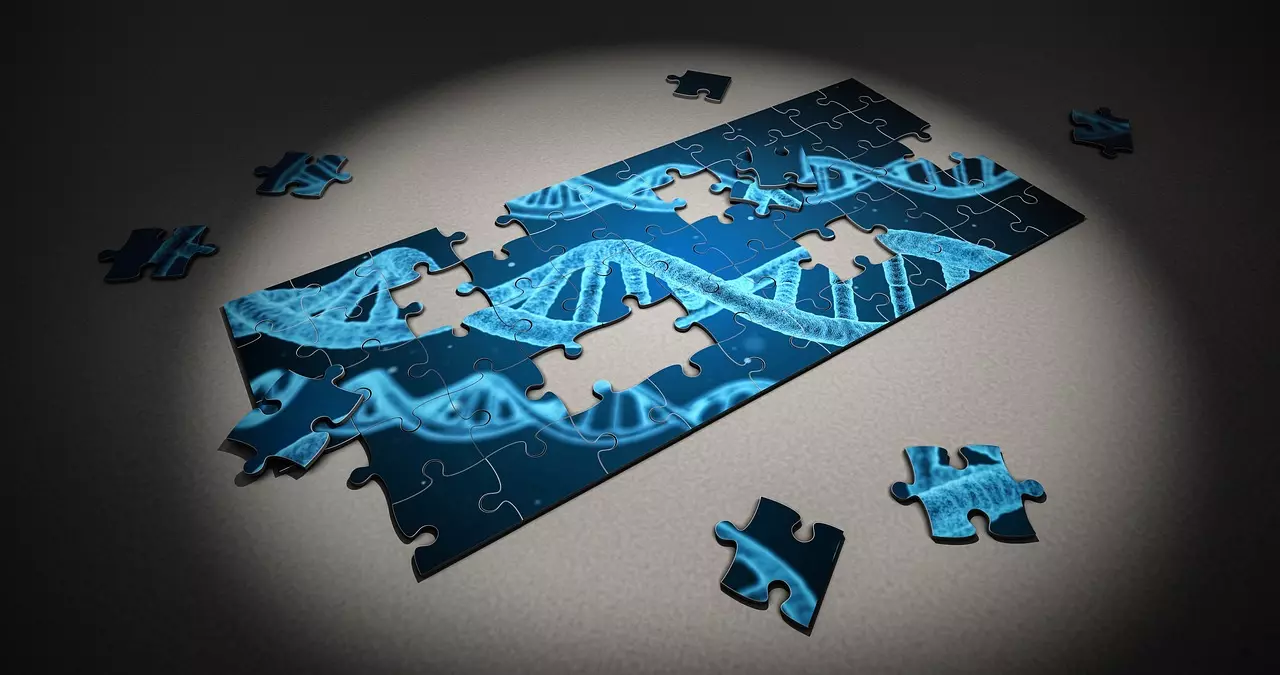[Originally published March 2017 as Junk DNA and Evolution]
In my previous post, I reviewed the book Naturalism and Its Alternatives in Scientific Methodologies. At the end of the review, I mentioned that the book suggested a conclusion for the famous ENCODE experiments that I had never considered.
In case you are unaware, ENCODE is an international collaboration of scientists who want to find out exactly how much of the human genome is actually used by the human body. In 2012, they made the startling announcement that more than 80% of the human genome has at least one biochemical function. This flatly contradicts the evolution-inspired notion that the vast majority (up to 98%) of the human genome is composed of “junk DNA” and is not used for any purpose.
Evolutionists have generally dealt with ENCODE’s conclusion in one of two ways. Some say that ENCODE’s definition of “function” is too broad, so what they call “functional DNA” is not really functional. Thus, the vast majority of human DNA is still “junk.” Others suggest that the concept of “junk DNA” isn’t vital to evolution to begin with, so ENCODE’s results (correct or incorrect) do not really relate to evolution.
I have always considered that those in the latter group have a very weak case. As Dr. John Sanford demonstrated a while ago, the “gold standard” digital simulation of evolution (Avida), requires at least 85% of the starting genome to be junk in order to produce any significant evolution. However, while reading Chapter 13 of Naturalism and Its Alternatives in Scientific Methodologies (written by Salvador Cordova), I learned about another argument against the idea that evolution doesn’t depend on junk DNA. It comes from evolutionist Dr. Dan Graur, who says quite plainly:
If ENCODE is right, evolution is wrong. (p. 234 of Naturalism and Its Alternatives in Scientific Methodologies)
Even though I am a creationist, I would never make such a strong statement, but Dr. Graur thinks it is obvious. Why?
According to Chapter 13 of Naturalism and Its Alternatives in Scientific Methodologies, it’s because each generation suffers from genetic mutation. In order for natural selection to “weed out” most of the deleterious mutations, each generation needs a certain number of individuals from which natural selection can choose. The more possible deleterious mutations, the more individuals natural selection needs in each generation.
Now, if the vast majority of the human genome is junk, then the vast majority of mutations are not deleterious, because they occur in the unused, junk portion of the genome. As a result, we don’t need to produce many offspring in order to give natural selection enough choices so it can keep most of the deleterious mutations out of the gene pool. However, if the vast majority of the genome is functional, then there are a lot of deleterious mutations, so we need to have more offspring to give natural selection what it needs to weed them out.
According to Graur, if ENCODE is right, each person needs to have 3×1019-5×1035 children in order to keep those deleterious mutations from piling up in each generation. Obviously, that’s not possible, so if ENCODE is right, evolution is wrong.
Of course, as a creationist, I like Dr. Graur’s conclusion. Indeed, it fits in very well with Dr. John Sanford’s view that the human genome can only be thousands of years old specifically because natural selection cannot weed out the deleterious mutations. However, I am willing to consider a third option.
Perhaps Dr. Graur is wrong. Perhaps the human genome is more resilient than he thinks. Unfortunately, I really don’t know. As I said, I hadn’t previously heard Dr. Graur’s argument. I have since read about the concept on which it is based (mutational load), and his calculations seem correct. However, I really doubt that I understand the details well enough to spot any serious errors.






